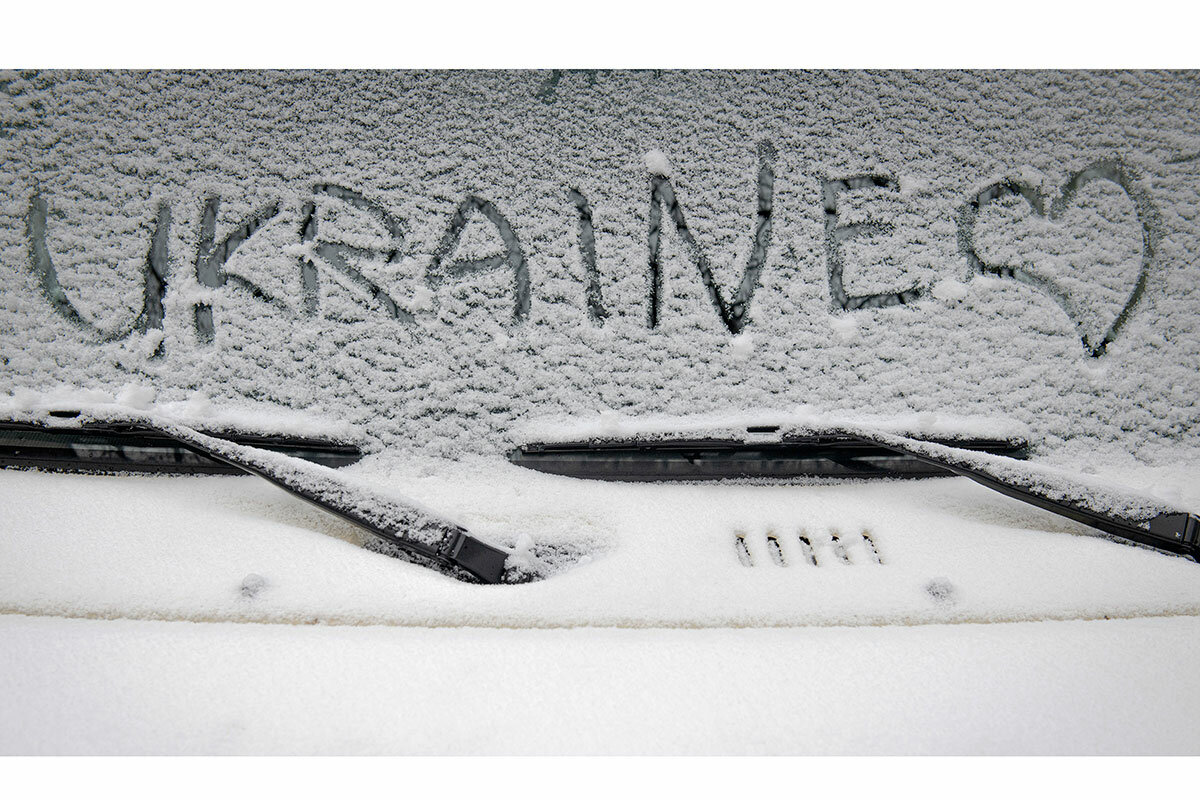Outrage over the death of a young woman in detention has unleashed decades of repressed anger and frustration in Iran. Protesters, particularly but not exclusively young women, are demanding liberation.
Monitor Daily Podcast
- Follow us:
- Apple Podcasts
- Spotify
- RSS Feed
- Download
 Mark Sappenfield
Mark Sappenfield
In announcing she would no longer seek to lead the Democrats in the U.S. House of Representatives, Speaker Nancy Pelosi made a remarkable statement. She praised the elections that drove her from the speakership. Referring to the midterm elections that will give control of the House to Republicans, she quoted America’s national anthem. The voters, she said, “gave proof through the night that our flag was still there.”
Representative Pelosi will leave Democratic leadership as a historic figure: the first female speaker of the House, and a formidable political force who managed to keep control of a fractious and increasingly splintered party.
Yet her comments also spoke to another legacy. She became a focal point in the nation’s struggle with negative partisanship – the tendency not just to disagree with the other side but to hate and fear it. Most obviously, in October, her husband was attacked by a man wielding a hammer who said he sought to kidnap the speaker, according to authorities. A Pew Research Center study on the political trend is titled “Partisan Antipathy: More Intense, More Personal.”
But as our Peter Grier noted in this space yesterday, this past midterm elections seemed a very conscious step back from the brink. “You know what lost in the 2022 midterm elections? Meanness,” he wrote.
Ms. Pelosi’s speakership will be parsed by historians, politicians, and many other pens. But in her farewell speech, her most soaring words were saved for the institution of American democracy, which she said is built on “light and love, patriotism and progress, of many becoming one.” This past week, it seems, has given Ms. Pelosi and Americans of all parties hope that those are words on which we can once again begin to find common purpose.










